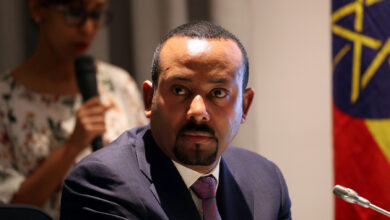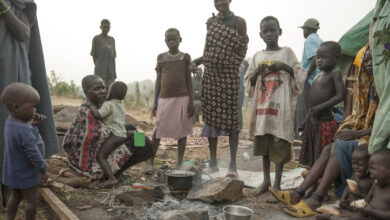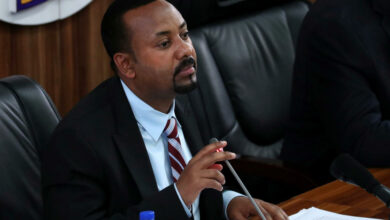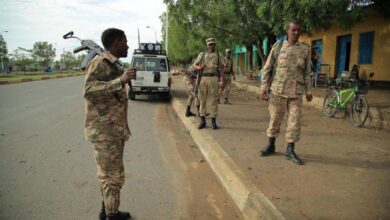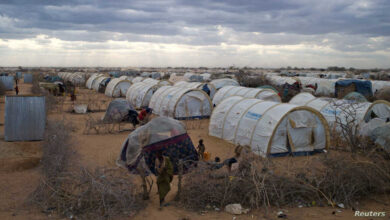Ethiopia
Ethiopian PM Says Eritrea Agrees To Withdraw Troops From War-Torn Tigray
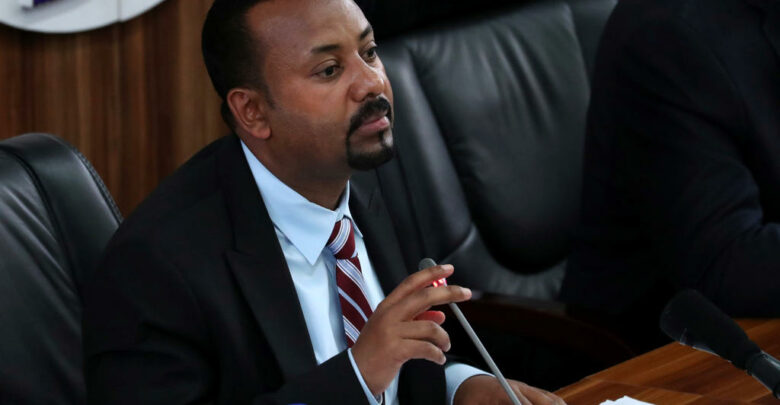
Ethiopian Prime Minister Abiy Ahmed on Friday said Eritrea has agreed to pull its troops out of Ethiopia’s northern Tigray region, reported CGTN Africa.
“Eritrea has agreed to withdraw its forces out of the Ethiopian border,” Prime Minister Abiy Ahmed said in a statement posted on Twitter.
He noted that Ethiopian forces will take over guarding the border areas effective immediately.
The announcement comes as Abiy faces mounting pressure from the United Nations, the United States, and others to address the deadly crisis and end fighting in which both Eritrean and Ethiopian troops stand accused of abuses, including mass killings and rapes.
In 2018, Abiy’s efforts led to a peace agreement with Eritrea after a long border war in the Tigray region, an achievement for which he was awarded the Nobel Peace Prize.
In November last year, the Ethiopian Prime Minister ordered and sent troops into Tigray after he blamed the region’s ruling party, the Tigray People’s Liberation Front, for attacks on federal army camps. A month later, he said the fighting was over but the reports of murder, looting, and rape by Ethiopian and Eritrean forces prompted calls for investigations.
The governments of both Eritrea and Ethiopia have previously repeatedly denied Eritrea’s involvement in the war, despite reports from rights groups like Human Rights Watch and Amnesty International. Several international rights groups have accused Eritrean troops of killing hundreds of Tigrayans in a November massacre in the town of Axum.
On Tuesday, Prime Minister Abiy first acknowledged that Eritrean forces had entered Ethiopia’s northern Tigray region during an almost five-month war.
While addressing the parliament on Tuesday, Abiy said the Eritrean people and government did a lasting favor to the Ethiopian soldiers during the conflict in Tigray. He then flew Thursday to Asmara to meet with Eritrean President Isaias Afwerki.


